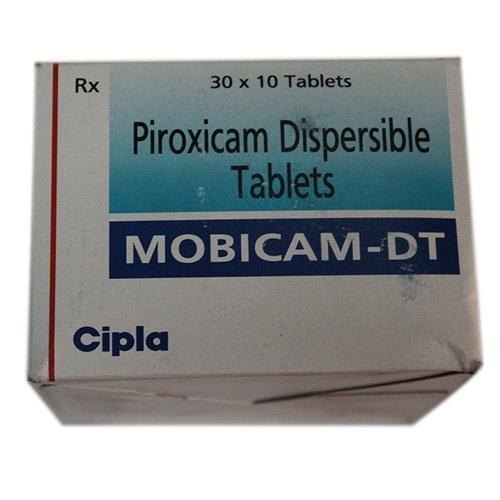nebicip
Introduction to Nebicip
Nebicip is a medication primarily used to manage high blood pressure, also known as hypertension. It is also effective in treating symptoms of heart failure. By helping to lower blood pressure, Nebicip reduces the risk of strokes and heart attacks.
Composition of Nebicip
Nebicip contains the active ingredient Nebivolol, which is a type of medication known as a beta-blocker. Beta-blockers work by relaxing blood vessels and slowing down the heart rate, making it easier for the heart to pump blood.
Uses of Nebicip
- Treats high blood pressure (hypertension)
- Manages symptoms of heart failure
- Reduces the risk of strokes and heart attacks
Side Effects of Nebicip
Common Side Effects:
- Headache
- Tiredness
- Weakness
- Dizziness
- Diarrhea
- Nausea
- Stomach pain
- Sleep problems
- Numbness or tingling
Serious Side Effects:
- Chest pain
- Slow heart rate
- Difficulty breathing
- Unusual weight gain
- Swelling
- Rapid or irregular heartbeat
- Persistent vomiting
Precautions of Nebicip
Nebicip can interact with other drugs, vitamins, and supplements, which may affect its effectiveness and safety. It is not recommended for breastfeeding women as it can pass into breast milk and cause serious side effects in the baby. Use during the last three months of pregnancy may also cause side effects in the newborn. The effect of Nebicip on human fertility is not fully understood. Always consult a healthcare provider before starting any new supplements or medications.
How to Take Nebicip
- Take Nebicip orally, once daily.
- It can be taken with or without food.
- The usual starting dosage for hypertension is 5 mg once daily, which may increase to 10-20 mg daily.
- For heart failure, the starting dose is 1.25 mg, increasing to 5-10 mg daily.
Conclusion of Nebicip
Nebicip is an effective medication for managing high blood pressure and heart failure symptoms. While it offers significant benefits, it is important to be aware of potential side effects and interactions with other medications. Always follow your healthcare provider's instructions and consult them with any concerns or questions regarding your treatment with Nebicip.

Similar Medicines
More medicines by Cipla Ltd
Available in 2 variations

strip of 10 tablets

strip of 10 tablets















.svg)
